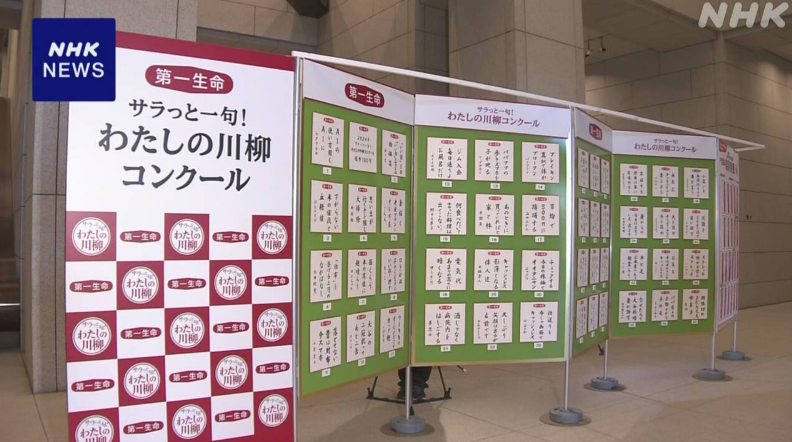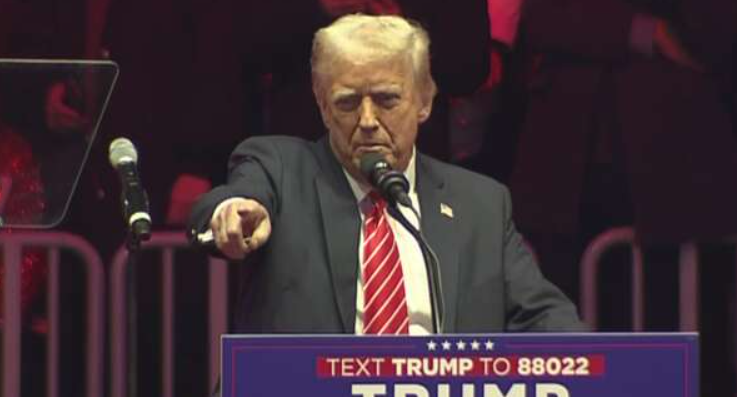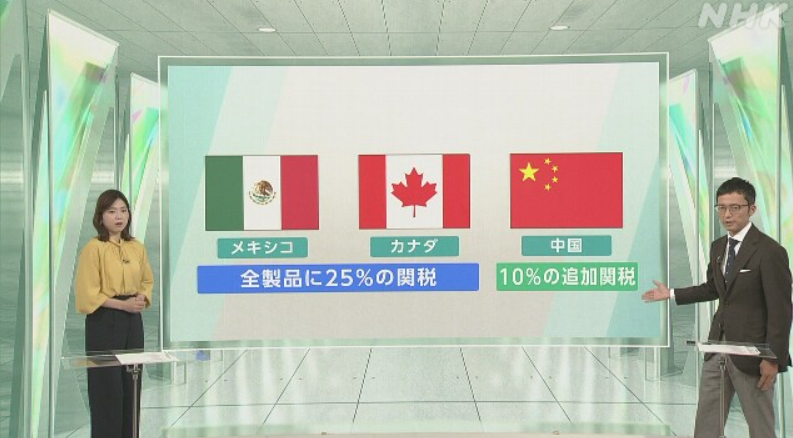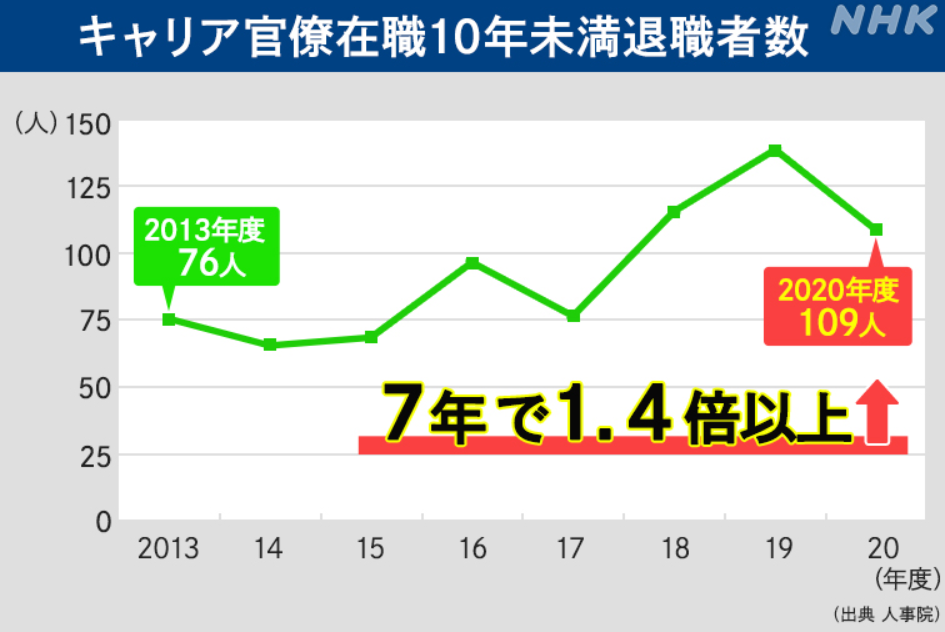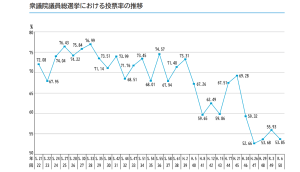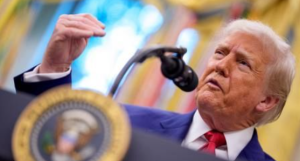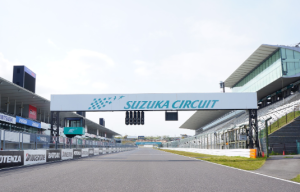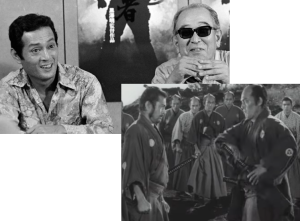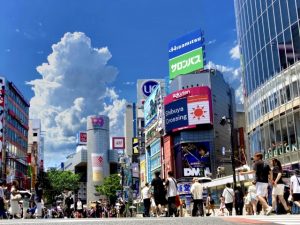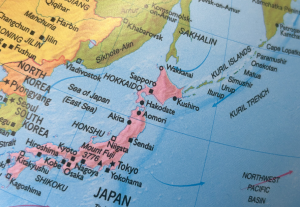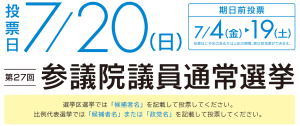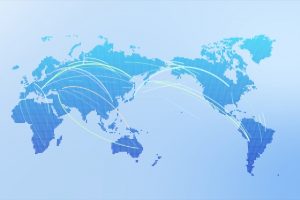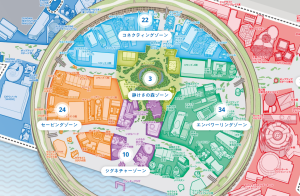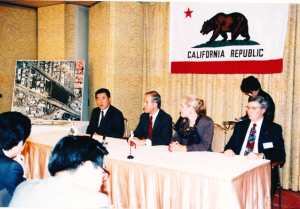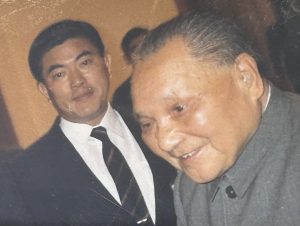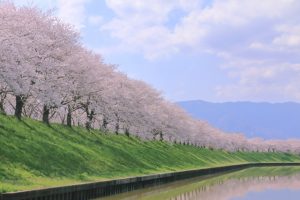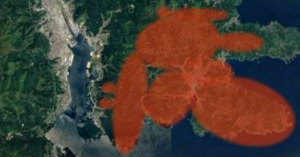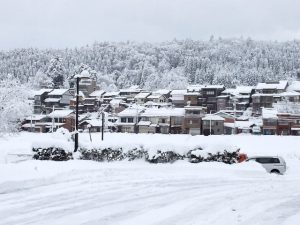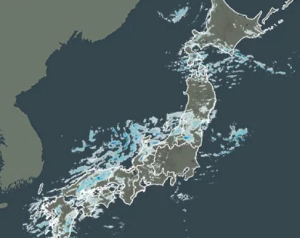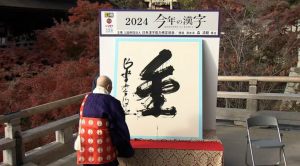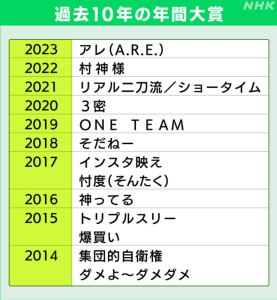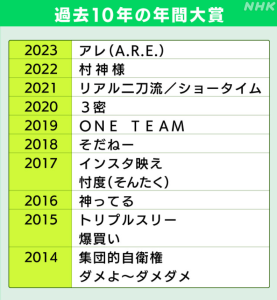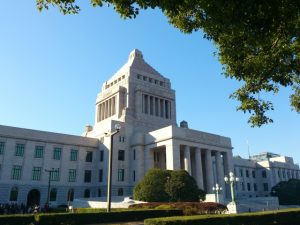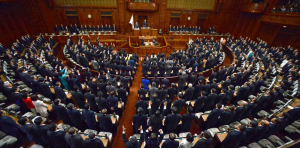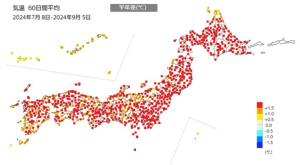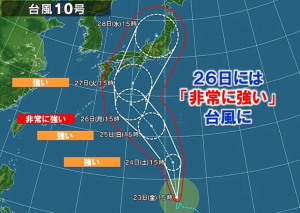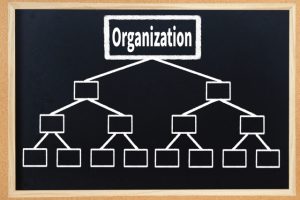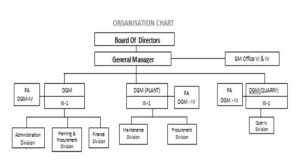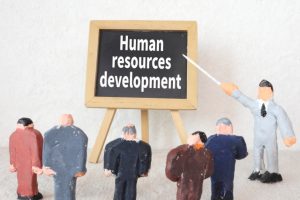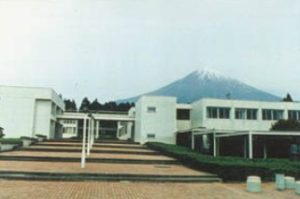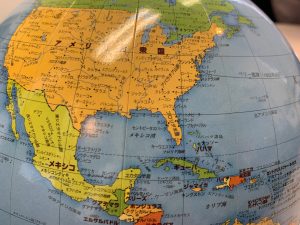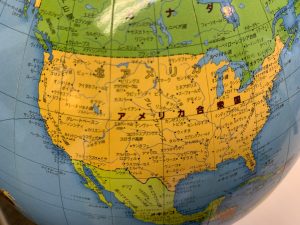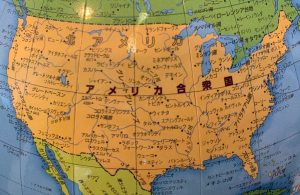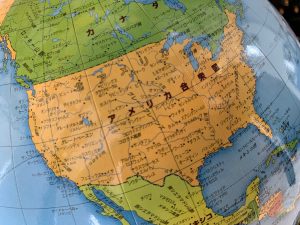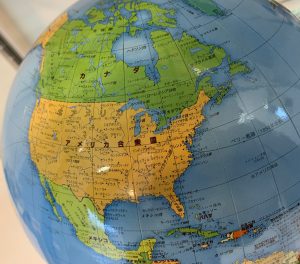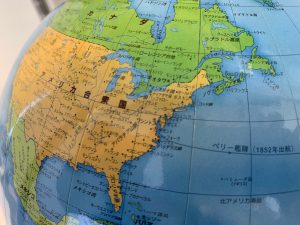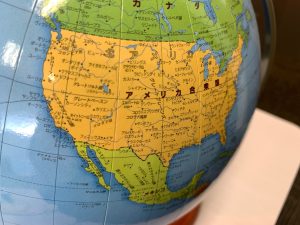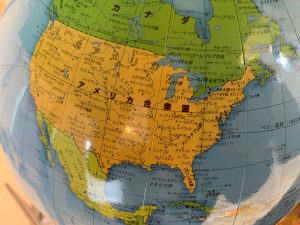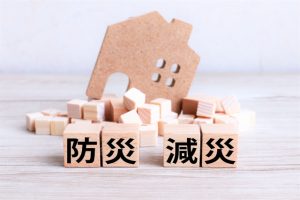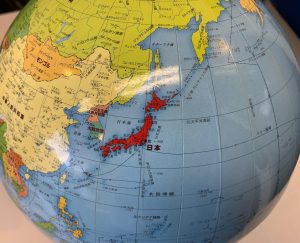Re: A news item and subject which I just want to check out (161) February 7, 2025
This week, a record-breaking cold wave and heavy snow have hit all over the country. Not only in heavy snow areas such as the Japan Seaside of Hokkaido and Tohoku district and Hokuriku, but also in Shikoku and the southern part of Kyushu that are not accustomed to frequent snowfall, there is a possibility of heavy snow, and serious concerns are being raised about the impact of daily life, traffic and logistics.
By the way, Yokozuna Terunofuji has finally retired on the sixth day of the January Grand Sumo Tournament. He was promoted to Ozeki after his first championship in the makunouchi division, and despite being on the verge of achieving the rank of Yokozuna, he continued to experience defeats and absences due to injury and disease, and he finally fell to Jonidan. Incidentally, Jonidan is the second lowest division out of six in the rankings of professional sumo wrestling, namely, “Makuuchi, Juryo, Makushita, Sandanme, Jonidan and Jonokuchi”. He had truly experienced the humiliation from heaven to hell. And in most cases, this is the end. But he climbed up from there and eventually was promoted to Yokozuna, and he achieved the remarkable feat of winning 10 top division championships over 21 tournaments. This never give up spirit is admirable. And in the world of sumo wrestling, a generation change including promotion to Yokozuna by Hoshoryu aged 25 is underway and young wrestlers are emerging one after another. I am looking forward to the future. Meanwhile, the performance of Tamawashi aged 40 who has won twice as the oldest in the top division does not reflect his age at all, and it makes me want to support him.
Next, the “2024 Salaryman Senryu top 100” has been just published by Dai-ichi Life Insurance. Senryu has no seasonal word different from haiku, but it is enjoyable to see how it reflects the current state of society and offers a sharp social satire. Popularity votes are now being accepted, and senryu that I found interesting were “Today’s parents can’t carelessly say to work part-time” and “I could not lose a wallet before; now, it’s a smartphone”. A senryu being sympathy with my age was “It has been a while, I can smile, but I can’t remember his name”.
■■What I have recently thought and focused on:
■The Trump administration’s tariff policy:
Since Trump administration was inaugurated on January 20, President Trump has been issuing executive orders at rapid-fire speed. One of major items is tariff. It appears that he positions tariff as a tool or deal for economic and foreign policy to call himself “tariff man”. On top of that, he uses tariffs differently depending on countries and regions. Concerning Canada and Mexico, he has delayed the implementation of tariff (25 %), originally scheduled for February 4, by one month. Because both countries immediately agreed to engage in discussions with President Trump and reached an agreement on countermeasures.
On the other hand, concerning China (10 % additional tariff), as declared, a 10 % surcharge has been applied to the existing tax rates on all items. China does not appear to engage in discussions with him now. On the contrary, it has immediately announced the implementation of retaliatory tariffs on energy and specific items in the agricultural sector. But the contents are restrained. It seems to me that Canada, Mexico and the United States sharing borders and having strong interdependent relationships led to early negotiations and the delay of implementation. But China does not easily yield to the United States. What I learned through my experience in the United States and business experience with China is that the United States depends on the national character but it is benevolent to opponents who are clearly weaker than the Unites Sates. However, when certain country gains power and seems to be on the verge of rivaling, surpassing or threatening the United States, the ugly side of a superpower shows and the United States is going to crush the country. The target is when it reaches 70 % of GDP of the United States. Japan in the 1990s was like that. China has become a powerful nation to that extent both economically and military-wise. And no matter what happens, China never compromises its principles or values, because under President Xi Jinping, China is an authoritarian state with the one-party dictatorship led by the Communist Party. The same goes for the Taiwan issue. Chinese government tells its people that “the Communist Party never makes mistakes and the people should just shut up and follow”, and can’t show the public a weak stance of admitting the faults of its policy or making one-side concessions in diplomacy. Therefore, current ongoing tariff issues (a kind of trade war) are like a chicken race, and it seems to me that an early conclusion is unlikely.
By the way, the U.S. trade deficit (customs-based accounting), including goods and services, in 2024 was 918.4 billion dollars increased by 17.0 % compared to the previous year. Ranking of deficits by country is as follows. ①China (296.4 billion dollars, 32.3 % of the total) ②Mexico ③Vietnam ④Ireland ⑤Germany ⑥Canada ⑦Japan (68.5 billion dollars, 7.5 % of the total). As you can see from this, the biggest opponent of tariff issues in the United States is China. Japan accounted for 70.8 % of the U.S. trade deficit in 1980 when the export of passenger cars from Japan to the United States was so massive that it was referred to as a flood, leading to what was known as the Japan-U.S. trade war. When I think about this, I feel like I am in a different world. When reflecting on the changes of this era, it seems to me that the trade issue will not be a particularly serious topic in the meeting between Ishiba and Trump held in Washington on February 7 (the early morning of February 8 in Japan time). Actually, I feel like security and energy issue (expanding LNG imports) will be the main topic.
■ “Moving away from national public servants” is becoming a serious issue in Kasumigaseki:
It is said that the decline in the number of applicants seeking employment in national public service careers known as career bureaucrats and increase in retired persons are becoming increasingly severe. Total number of applicants for the said exam in fiscal year 2021 was 17,411 and it seems that the number decreased by nearly 8,000 people compared to fiscal year 2012 when the current exam format was introduced. On the other hand, according to the survey by the National Personnel Authority, among about 620 career bureaucrats recruited in fiscal year 2014, about 140 accounting for 23 % retired by the end of fiscal year 2023. Within less than 10 years from hiring, one out of four co-workers resigned. However, according to the Ministry of Health, Labor and Welfare, among those who graduated university in 2021, the percentage of people who left within three years was 34.9 %. Considering this fact, the turnover rate of bureaucrats is not particularly high. But the Japanese bureaucratic system is often considered the most powerful think tank in the world, and when it becomes weakened, it will also have a significant impact on national policy formulation and implementation. Incidentally, in the United States, the Trump administration has initiated a campaign targeting government agencies perceived as being aligned with Democratic policies under the banner of dismantling Deep State (secret government). In particular, the intelligence agencies such as CIA and FBI are being targeted, and the continuity of the policy is in doubt.
In addition, according to the survey done by the National Personnel Authority, improvements that have been requested are “raising of salary levels”, “reduction of overtime work and night shifts” and “utilizing telework and business efficiency improvement”. And it is also a problem that some politicians treat bureaucrats as if they were “their personal assistants”. I have had many professional exchanges with career bureaucrats, and of course, I have also exchange with them now. They are very talented. Government employees are called “public servants”.
However, we don’t rely on the self-sacrifice of our government employees, but we should think about improving treatment such as working environment and condition at least on par with the appropriate standards of the private sector. Otherwise, the decline in aspiring bureaucrats and the continued brain outflow will persist in the future.


